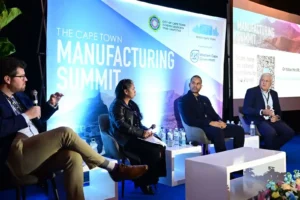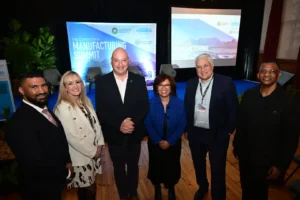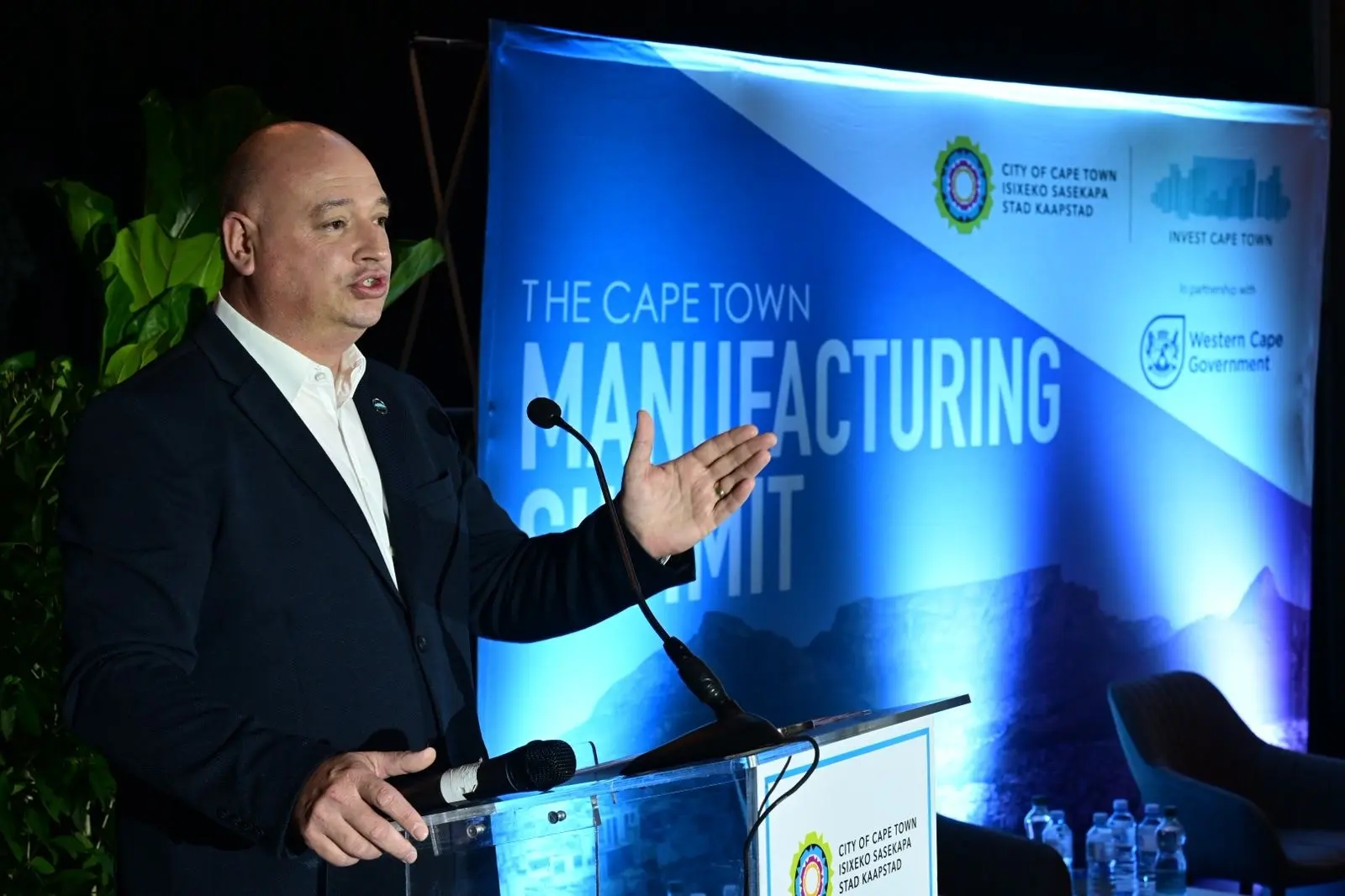Cape Town Manufacturing Summit has been finally observed by the city. The summit was jointly hosted by the City of Cape Town and the Western Cape Government at the City Hall where business and industry leaders, government officials and investors gathered together.
The Summit arranged by Cape Town focused mainly on manufacturing economic agenda. Considering which Member of the Mayoral Committee for Economic Growth and Tourism – Alderman James Vos delivered an opening address. He emphasized that manufacturing is in Cape Town’s DNA, yet it is still continuously driving force in shaping its economic future.
James Vos stated in his address that for Cape Town’s economic landscape manufacturing is on key priority. The summit was majorly hosted to ensure that the industrial areas stay productive and competitive.
These manufacturing zones are the engine rooms of the economy, where jobs opportunities are created. Here, goods are produced well, and value is added to them. This is a gift that keeps on giving them the must do everything they can to keep it working.

As per the latest Stats represented by the South Africa jobs report, around 337,000 people are employed in the manufacturing sector of the province. According to Vos, with this summit, they are curbing the challenges that the sector is facing at present, such as port inefficiencies and evolving global trade policies.
The economic growth team of the City of Cape Town also want to ensure that businesses are aware of the service offerings. They are ready to hear from them directly about how they can streamline operations and support their growth.
Furthermore, the official tourism, trade and investment promotion agency for Cape Town and the Western Cape, Wesgro marked that manufacturing sector is contributing at the third-largest level to the Western Cape economy, with the bulk of activity, that are specifically based in Cape Town.
Meanwhile, the city is leading in food and beverage processing, clothing and textiles as Cape Town produced 105 million garments in 2024, which is almost a third part of the country’s total. The city is also good at producing electronics, medical services and marine-based goods such as catamarans.

Alderman James Vos added to his statement that nationally, the manufacturing GDP of the sector declined by 6% between 2014 and 2023. According to the Western Cape Treasury’s Provincial Economic Review and Outlook 2024, the GDP is driven by issues depending upon unreliable electricity and rising costs.
In Cape Town, Vos and his team have taken a proactive approach, investing in infrastructure, supporting businesses through the Business Retention and Expansion programmes, which is driving strategic partnerships to future-proof sector.
James Vos further cited in his address that the integration of Blackheath Industrial into the Eskom load curtailment programme is a successful example of the efforts put by the city to reduce operational pressures on manufacturers, while enabling the cost savings also.
Notably, the summit is mainly about diagnosing problems. It is about co-creating the solutions. They are working with the private sector to determine what is next for manufacturing in Cape Town and how they can prepare a capable, skilled workforce for the jobs of tomorrow.
“Let’s continue to build an economy of hope, with purpose, pride and strong partnerships,” concluded Alderman James Vos.

